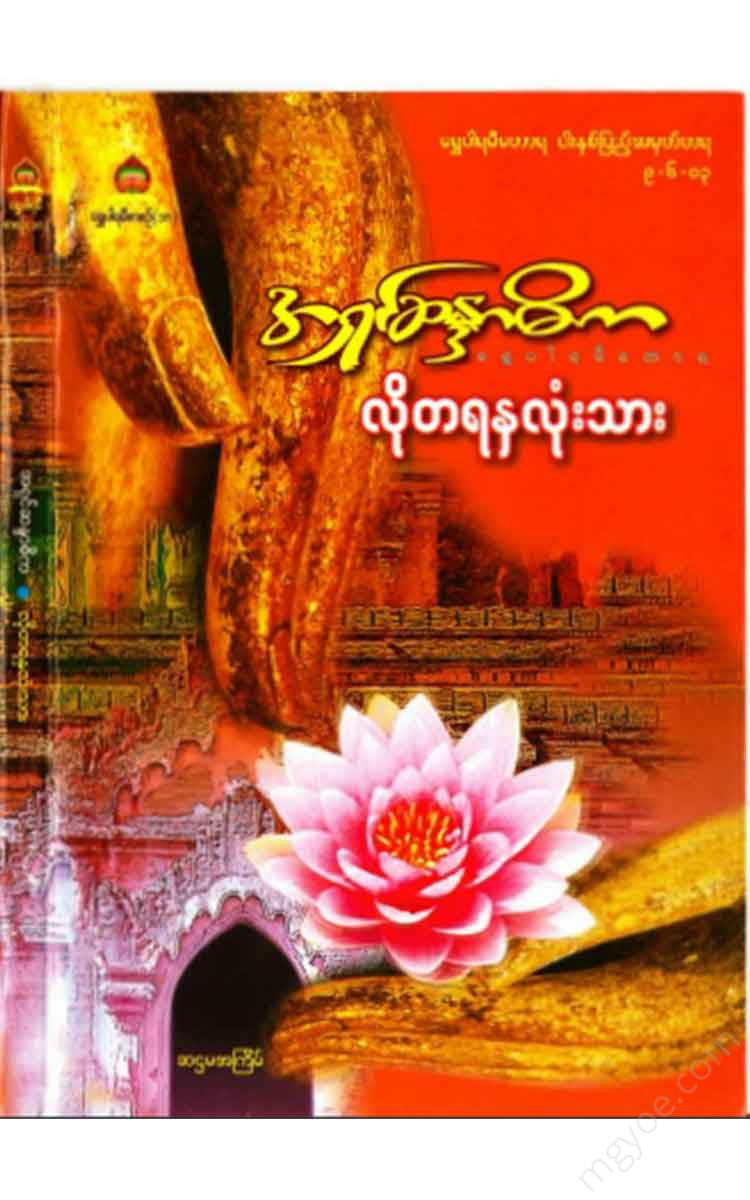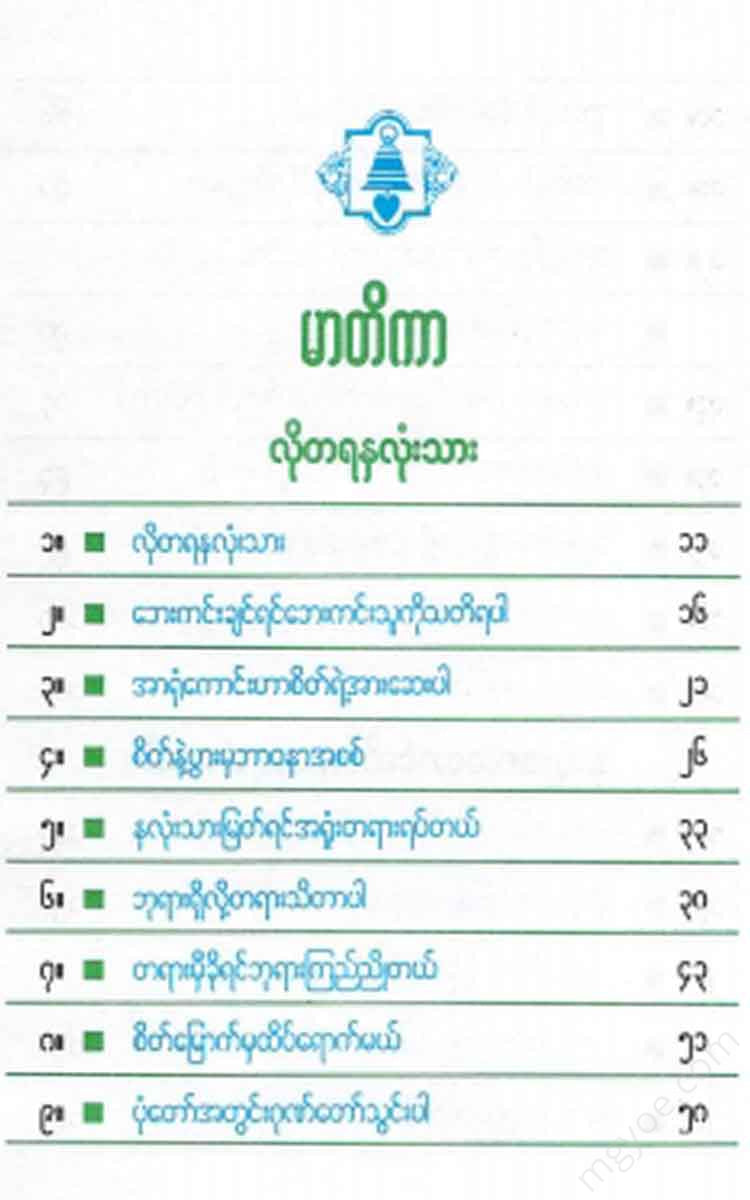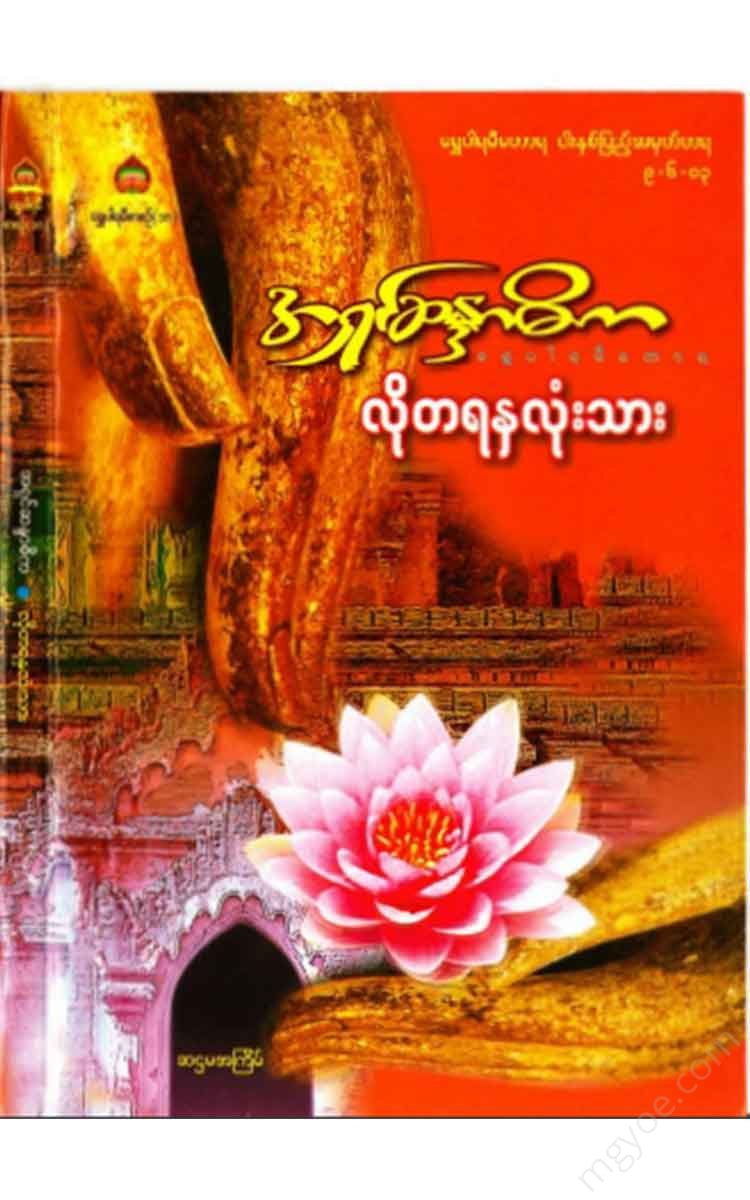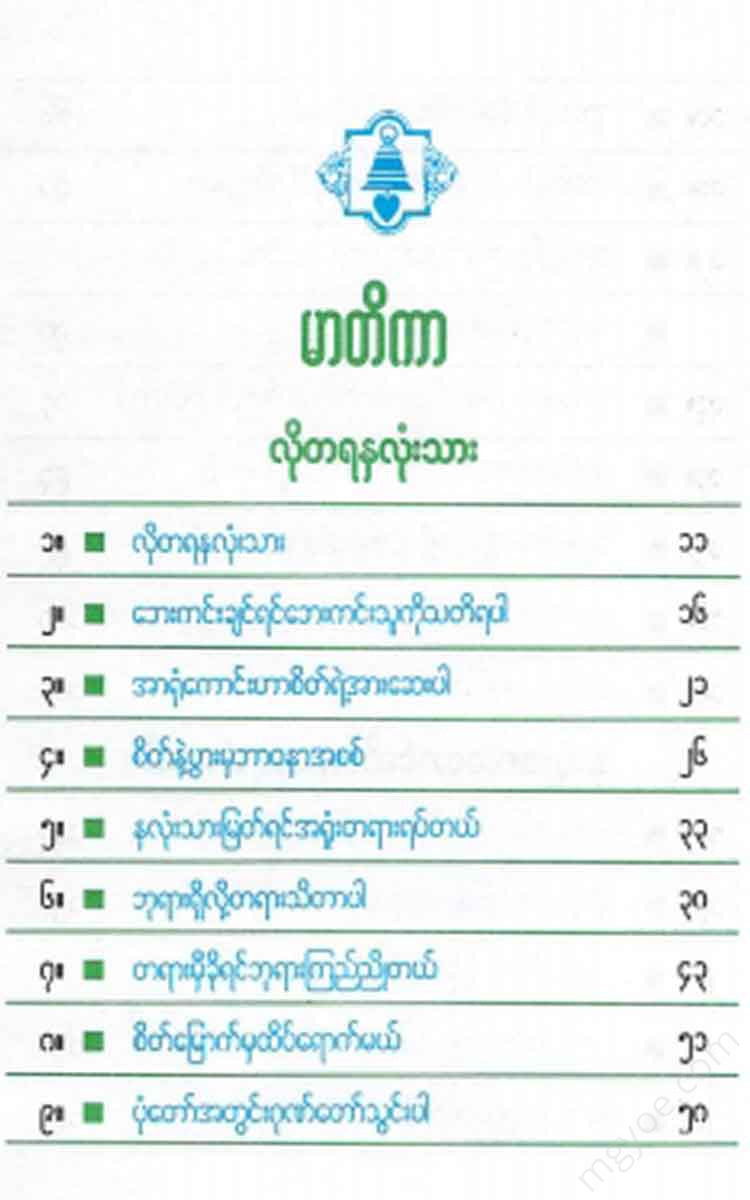Other Websites
Ashin Sandadhika - The Heart of Desire
Ashin Sandadhika - The Heart of Desire
Couldn't load pickup availability
A heart of desire
A heart that can fulfill all desires and longings is called a heart that can fulfill all desires. In other words, a heart that can fulfill all desires, a heart that can fulfill all desires, a heart that can fulfill all desires, is called a heart that can fulfill all desires.
Having everything you need is not the same as having everything you need. Having everything you need means having all your needs met. Having everything you need means having all your desires met.
Wants and needs are not the same. A want is a specific desire for something that you want. The thing you want is already chosen and defined.
Needs are not desires that you want. There is no intentional desire, but things that can make your life or the work you are doing more complete or more convenient if they are available are called needs. There is no intentional desire.
Desire is the desire and intentional longing for a specific object, while need is the fulfillment of something that is not specifically defined or intentional.
A willing heart is a heart that can fulfill such desires and longings intentionally. A heart that can fulfill the needs that are worthy of fulfillment in life, even if it is not intentional. A heart that can fulfill both desires and needs, a heart that can achieve is called a willing heart.
Every human being wants a heart that can give them everything they want, a heart that can give them everything they want. If they want it, they don't need anything. Everything is already complete.
Once you know what kind of heart is a needy heart, you need to sculpt, build, and create your own heart to be that kind of heart. Know what kind of heart is a needy heart. If you don't build that kind of needy heart, you won't reach the situation you need.
Although it is called a heart of desire, what it really means is a mind of desire. A mind that can achieve anything you want, a mind that can achieve anything you want, a mind that can achieve anything you want is called a heart of desire.
Since the mind is situated in the heart, the name of the heart, which is the place of residence, is applied to the mind that is situated and is called the heart of desire. The exact source is the heart of desire. The heart of desire is referred to as the place of residence of the mind.
It is worth knowing what kind of mind is full of the ability and courage to achieve whatever you want.
So, a heart of virtue can have various meanings. It is a strong body. If we look at it from the Buddha's teaching that if we have virtue, all our desires can be fulfilled, a heart of virtue is a heart of virtue. A heart that is not broken, not cracked, not cracked, not torn, and is pure and clean is a heart of virtue.
If we look at it from the Buddha's teaching that "if we are free from defilements, all the desires of the mind can be fulfilled," a heart of desire is a heart free from defilements, a heart without defilements. Since the heat and impurities of the mind are called defilements, only a heart free from heat and impurities is a heart of desire. A heart that is calm and peaceful, a heart that is pure, is a heart of desire.
Any meditation practice can make the mind calm, free from heat, free from impurities, and pure. Therefore, any meditation heart that is filled with any meditation practice is a pure heart. An 'anāpana heart' is also a pure heart, a 'loving heart' is also a pure heart, and a 'mindfulness heart' is also a pure heart.
Today's sermon is about the Buddha's canopy ceremony, so I won't talk about other hearts, but only about the heart related to the Buddha.
A heart of desire is a heart that is saturated with the attributes of the Buddha. A heart that is immersed in the attributes of the Buddha, namely, clear water, pure water, cool water, and holy water, is a heart of desire. In other words, a “heart of desire” is a heart of desire. In literary terms, a “heart of Buddhahood” is a heart of desire.
This is not just a statement, it is a direct statement from the mouth of the Buddha himself.
Bhasahi Buddhanussati Bhavananamananuttara. Imaam sed bhavayitva, purayissati mana-sam. “Dear sons and daughters, cultivate the Buddhanussati meditation, which is the most noble of all meditations. If you cultivate the Buddhanussati meditation, all your intentions will be fulfilled.” This is directly stated by the Buddha Himself.
It means, 'The heart of a beloved son or daughter, imbued with the Buddha's wisdom, is the heart of desire.' The name "Heart of Desire" is derived from the Pali title "Purayishati Manasam". It is not a name that has been invented.
If you develop Buddha-satisfaction, you will have desires, but your desires must be ones that are in line with your life situation, natural desires, and meaningful desires. Unnatural desires and meaningless desires will not be fulfilled by the heart of Buddha-satisfaction.
Only when the three elements of 'karma, intelligence, and viriya' are fulfilled can worldly desires be fulfilled. Therefore, if you want to achieve worldly desires, you must strive for good luck with Buddhahood on the one hand, and with intelligence and viriya on the other, do the right things to the best of your ability.
"Only with the development of insight can worldly desires be fulfilled. Therefore, if you want to achieve worldly desires, you must strive to be clear and calm in your mind, while at the same time practicing mindfulness and mindfulness meditation.
If you want to be safe, remember the safe one.
Just as there are different kinds of people and different kinds of spirits in the world, there are different kinds of desires among beings. This person wants this, this person wants this, and each person wants different things. There must be some things in common. Just as there are many people, there are also countless desires. If we put all these many desires together, there are only three kinds of desires.
(1) The desire to be free from all harm,
(2) The desire to overcome all difficulties,
(3) There are three types of desires, the desire to obtain all good things.
U Zin will briefly explain the three types of content that can be used to achieve these three types of desires, giving examples of each type and the relevant concepts.
First, let's talk about the desire to be free from harm, and how to achieve the desire to be free from harm. If it comes to people, it is referring to people, so it is only referring to people. All beings are the same.
When it comes to being human, there are only so many dangers. There is no such thing as a person who is completely free from all dangers.
Because in the cycle of life, we have not only done good deeds, but also done bad deeds. Some bad deeds can have a negative effect. Therefore, we are facing misfortunes according to our bad deeds and negative consequences.
There are disasters that we face alone due to our own unwholesome deeds, and there are also disasters that we face collectively due to the unwholesome deeds of many.
There are also disasters that we collectively face, depending on the circumstances and events of the time we live in. For example, fires and floods.
Whether it is a disaster that happens to you alone due to your own bad karma, or a disaster that happens to you in the same situation or at the same time due to the bad karma of others, no human being wants to face any disaster. All human beings have the desire to be free from the disaster they are facing.
The desire to be free from these dangers can also be achieved through Buddha-nussati. The reason why it can be achieved is because the Buddha is a person who is free from dangers. Since the Buddha on whom one focuses is a person who is free from all dangers, the life of a person who focuses on the Buddha, who is free from all dangers, is also free from dangers.
The quality that one develops is 'the Buddha who is free from all dangers.' Whether one focuses on the Buddha's quality of being free from dangers or not, one can be free from dangers.
Whatever attribute you like, whatever attribute you develop, if you develop that attribute, then because you are focusing on the Buddha, because you are developing the attributes of the Buddha, you can also acquire other attributes of the Buddha, the owner of the attribute you are developing.
"I am not thinking about the Buddha as 'the one who is free from all dangers', but the Buddha I am growing up with is also full of safe, harmless, and harmless qualities. Therefore, by focusing on the Buddha who is full of safe, harmless, and harmless qualities, I also attain the good result of being free from dangers."
"Let us turn to the Dhamma Sutta, which is well-known to the Dhamma listeners, and meditate on it. The Dhamma Sutta, which is in the 11th Sutta, is what the Buddha said in the Dhamma Sutta: "My dear sons and daughters, whether in the forest, under a tree, or in a quiet place, when you are engaged in meditation, if you feel any fear, meditate on my qualities. As my qualities increase, as my qualities increase, you will be free from fear."
"My dear children, when you are afraid, I glorify God. When I glorify God, you will be free from fear. Because I am the One who is free from fear."
When it is said, "My dear sons and daughters, remember me and cultivate these qualities in this way," it does not mean the quality of fearlessness or the absence of fear. It is instructed to cultivate qualities such as arahantship and true enlightenment. However, "If these qualities are cultivated, you, my dear sons, will be free from fear. Because I am a fearless person," he explains later. Although the Buddha, who is fearless, is not directly cultivated, it means that if some quality is cultivated, one can be free from fear.
So, it's not just about focusing on safety that makes you safe, it's also about focusing on the qualities of the True Buddha, the great wisdom of the Buddha.
What I am focusing on is the wisdom of the Buddha. I am focusing on his wisdom and reverence it. By focusing on his wisdom, my wisdom will not only be good, but it will also not be great. Although my wisdom increases and my virtue increases, I can still achieve good without harm.
Because the Buddha, the Supreme Being who is revered after being born as the True Buddha, is not only endowed with the ability and virtue of being wise and great.
He is endowed with great wisdom, the ability to know everything completely and without any remainder, and he is also filled with the qualities of safety, security, and ability to be free from all dangers, even if he does not deliberately develop them. Therefore, even if he does not deliberately focus on the quality of security, he can still achieve the benefit of security.







